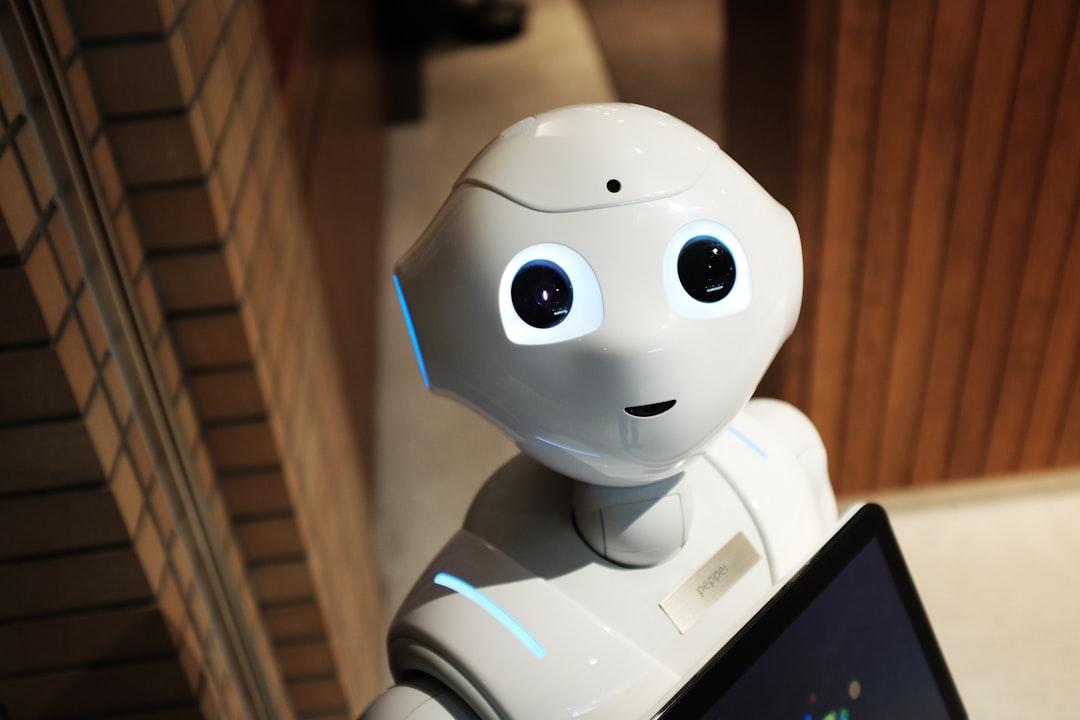Recent AI advancements in healthcare
Curated from: pytechacademy.medium.com
Ideas, facts & insights covering these topics:
8 ideas
·1.46K reads
13
Explore the World's Best Ideas
Join today and uncover 100+ curated journeys from 50+ topics. Unlock access to our mobile app with extensive features.
Initial impact in healthcare
In healthcare, AI’s impact has been very noticeable and deals with how diseases are detected, diagnosed, and treated. One of the first applications of AI in healthcare is IBM’s Watson, which got a lot of recognition for its ability to analyse large amounts of medical data to assist in diagnosing diseases.
17
255 reads
Detection
Machine Learning algorithms analyse medical imaging data such as X-rays and MRIs with high accuracy which helps in the early identification of diseases such as cancer.
For example, Google’s AI system demonstrated the ability to detect breast cancer from mammograms with greater accuracy than human radiologists.
15
210 reads
AI tool Mia, piloted by NHS, identified subtle signs of breast cancer in 11 women missed by human doctors out of 10,000 mammograms analyzed. With its early detection capabilities, Mia has the potential to save countless lives, highlighting the critical role of AI in improving breast cancer survival rates.
FROM NEWS
17
195 reads
Google scientists developed HeAR, a machine-learning tool that can detect and monitor health conditions by analysing sounds like cough and breathing. Trained on millions of human audio clips, HeAR has potential for diagnosing diseases such as COVID-19 and tuberculosis, and assessing lung function. Unique to HeAR is its vast dataset and ability to perform various tasks.
FROM NEWS
13
189 reads
Diagnosis
AI-powered diagnostic tools analyze patient data to identify patterns and anomalies, helping clinicians in making more informed decisions.
IBM’s Watson, for instance, assists oncologists in diagnosing and treating cancer by analyzing extensive patient data, leading to more personalized and effective treatment plans.
13
173 reads
Treatment
AI is reshaping treatment methods with personalized medicine, where therapies are recommended to individual patients based on genetic and molecular profiles.
AI algorithms predict optimal treatment for cancer patients, maximizing efficacy and minimizing side effects.
14
154 reads
Other areas
AI-powered chatbots provide personalized healthcare recommendations, answer patient queries, and streamline administrative tasks.
Predictive analytics algorithms have been used to forecast disease outbreaks, optimize hospital resource allocation, and improve patient care management.
AI-driven robotic systems in the future will enhance surgical procedures, offering greater precision, efficiency, and safety.
13
147 reads
As AI continues to evolve, it will continue to drive innovation across the healthcare ecosystem in the way how diseases are detected, diagnosed, and treated. By leveraging the power of AI-driven technologies and collaboration among stakeholders, we can unlock new opportunities to enhance patient care, improve healthcare outcomes, and shape a healthier future for all.
12
141 reads
IDEAS CURATED BY
Similar ideas
Read & Learn
20x Faster
without
deepstash
with
deepstash
with
deepstash
Personalized microlearning
—
100+ Learning Journeys
—
Access to 200,000+ ideas
—
Access to the mobile app
—
Unlimited idea saving
—
—
Unlimited history
—
—
Unlimited listening to ideas
—
—
Downloading & offline access
—
—
Supercharge your mind with one idea per day
Enter your email and spend 1 minute every day to learn something new.
I agree to receive email updates


